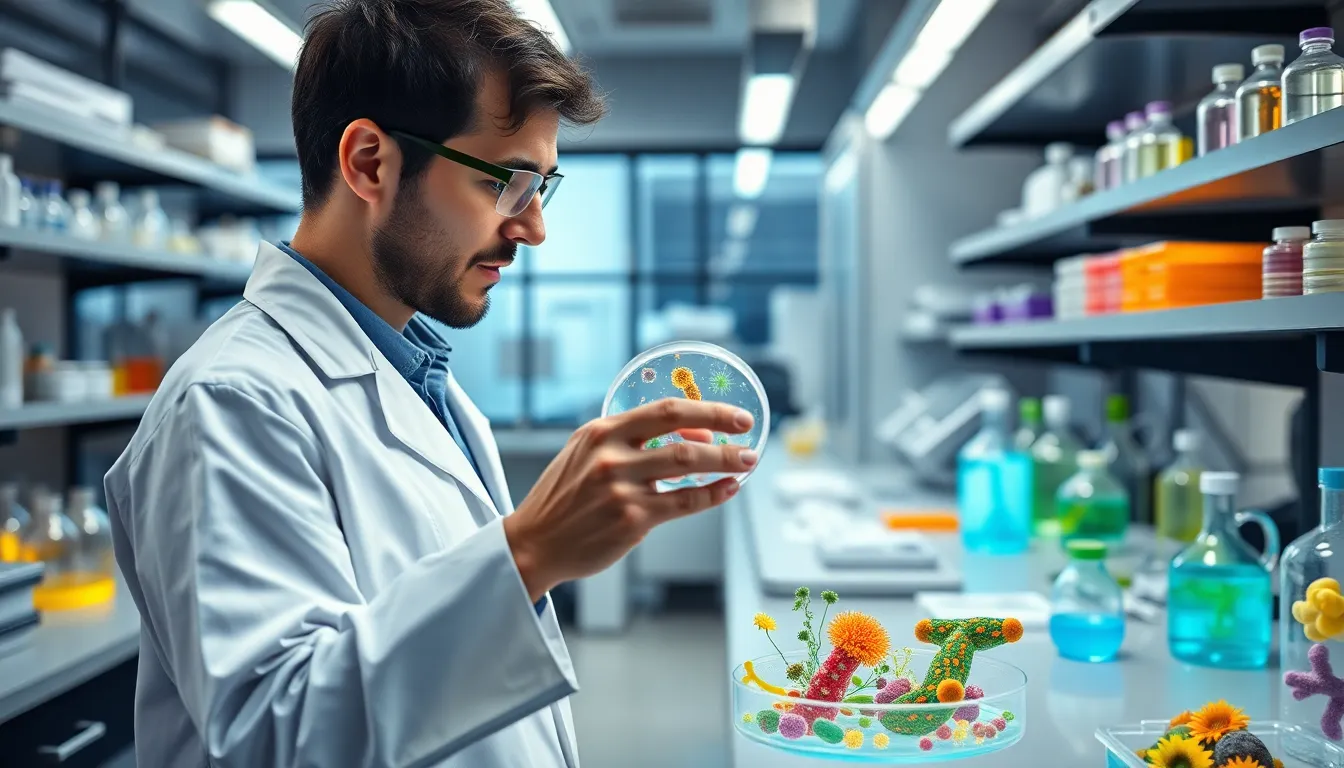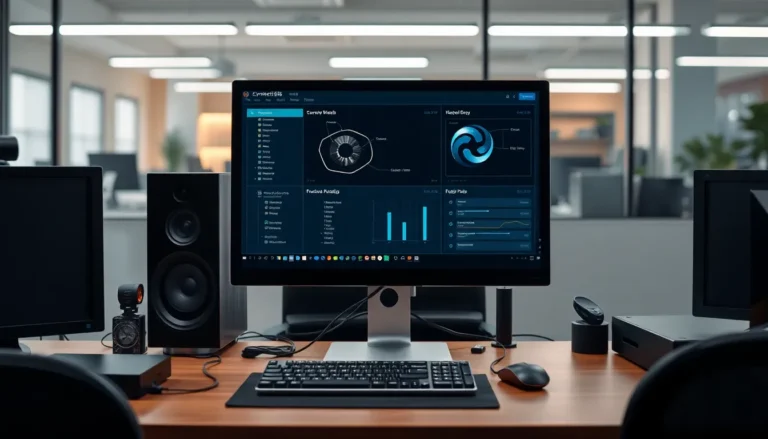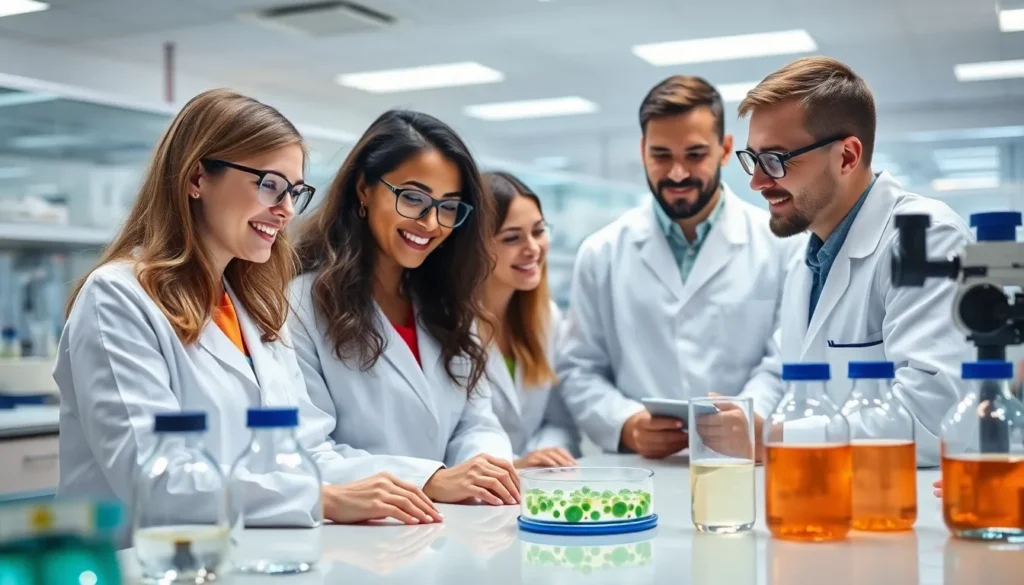Table of Contents
ToggleIn recent years, modern biotech has transformed the landscape of medicine, agriculture, and environmental sustainability. This innovative field harnesses the power of living organisms and biological systems to develop groundbreaking solutions for some of the world’s most pressing challenges. From genetically modified crops that promise higher yields to advanced therapies that target diseases at their source, biotech is reshaping the way we live and interact with our environment.
As technology continues to evolve, the potential applications of biotechnology seem limitless. Researchers are pushing boundaries, exploring gene editing techniques like CRISPR and creating personalized medicine tailored to individual genetic profiles. The implications of these advancements extend beyond health, influencing food security and ecological conservation. Understanding modern biotech is crucial for grasping how it will shape the future of humanity and the planet.
Overview of Modern Biotech
Modern biotechnology leverages living organisms and biological systems to tackle global challenges across multiple sectors. It plays a crucial role in medicine, agriculture, and environmental sustainability, significantly improving health outcomes and food production.
Applications in Medicine
- Gene Editing: Technologies like CRISPR enable precise modifications to DNA, leading to innovative treatments for genetic disorders.
- Personalized Medicine: Tailoring medical treatments based on individual genetic profiles enhances efficacy and minimizes adverse effects.
- Biologics: These therapeutic products, derived from living organisms, include monoclonal antibodies and vaccines that treat various diseases, including cancer and autoimmune disorders.
Contributions to Agriculture
- Genetically Modified Organisms (GMOs): GMOs have been developed to increase crop yields, enhance resistance to pests and diseases, and improve nutritional content.
- Sustainable Practices: Biotechnology fosters environmentally friendly agricultural practices, such as reducing pesticide use through pest-resistant crops.
- Biofortification: Enhancing the nutritional value of staple crops addresses malnutrition, particularly in developing regions.
Environmental Applications
- Bioremediation: This process uses microorganisms to clean up contaminated environments, effectively breaking down pollutants and restoring ecosystems.
- Biofuels: Biotech advancements enable the production of renewable energy sources, like bioethanol and biodiesel, which reduce reliance on fossil fuels.
- Waste Management: Utilizing microbes for waste treatment and recycling improves sustainability initiatives and minimizes landfill waste.
Modern biotech’s potential continues to expand, shaping the way society addresses health, food security, and environmental concerns. Understanding these innovations highlights their significance for future advancements in various industries.
Key Innovations in Modern Biotech

Modern biotechnology achieves groundbreaking advancements through various innovations that shape industries. Notable among these are gene editing technologies and synthetic biology, which provide solutions to pressing global issues.
Gene Editing Technologies
Gene editing technologies revolutionize the approach to genetic modifications. CRISPR-Cas9, a prominent tool in this domain, enables precise alterations in DNA sequences. Researchers use CRISPR to develop drought-resistant crops, demonstrating enhanced resilience in adverse conditions. Additionally, gene editing facilitates the creation of targeted therapies for genetic disorders, such as cystic fibrosis and sickle cell anemia. The ability to modify genes with accuracy accelerates advancements in medicine and agriculture, contributing to improved health outcomes and food security.
Synthetic Biology
Synthetic biology combines biology and engineering principles to create new biological parts, devices, and systems. this field focuses on designing microorganisms that produce biofuels, thus offering renewable energy alternatives. By utilizing engineered yeast and bacteria, scientists achieve sustainable production methods that potentially replace fossil fuels. Furthermore, synthetic biology plays a significant role in manufacturing biopharmaceuticals, allowing for efficient synthesis of medications. The innovations in this area emphasize sustainability and efficiency, presenting promising avenues for addressing global challenges in health and energy.
Applications of Modern Biotech
Modern biotechnology contributes significantly across various sectors, particularly healthcare, agriculture, and environmental solutions. Its applications drive innovations that address global challenges effectively.
Healthcare Advancements
Healthcare has benefited immensely from modern biotech applications. Gene editing technologies, such as CRISPR-Cas9, enable precise modifications to DNA, allowing for targeted treatments of genetic disorders, including muscular dystrophy and hemophilia. Personalized medicine enhances therapy effectiveness by tailoring treatments to individual genetic profiles, improving patient outcomes. Biologics, including monoclonal antibodies and vaccines, leverage biotechnology to combat diseases, exemplified by the rapid development of mRNA vaccines against COVID-19. These advancements illustrate biotechnology’s pivotal role in transforming medical care and disease management.
Agricultural Improvements
In agriculture, biotechnology improves crop production and sustainability. Genetically modified organisms (GMOs) enhance crops’ resilience to environmental stressors and pests, significantly increasing yield and nutritional value. Innovations like drought-resistant crops help secure food supplies amid climate change. Additionally, biotechnology promotes sustainable practices by developing bio-pesticides and bio-fertilizers that reduce chemical dependency and minimize ecological impact. These advancements foster agricultural sustainability and food security in an ever-growing global population.
Environmental Solutions
Environmental applications of modern biotech play a crucial role in addressing ecological challenges. Bioremediation employs microorganisms to detoxify polluted environments, effectively cleansing soil and water contaminants. The production of biofuels from renewable biological resources offers alternatives to fossil fuels, lowering greenhouse gas emissions. Furthermore, innovative waste management solutions, utilizing microbes, streamline waste treatment processes and enhance resource recovery. These environmental initiatives underscore the industry’s potential to create a sustainable future.
Challenges Facing Modern Biotech
Modern biotechnology faces several challenges that can hinder its progress and acceptance. These challenges include ethical considerations and regulatory hurdles that impact the development and deployment of biotechnological innovations.
Ethical Considerations
Ethical considerations play a crucial role in the adoption of modern biotech. Concerns arise regarding genetic modifications and their implications for humans and ecosystems. Issues surrounding gene editing, such as potential unintended consequences and designer organisms, provoke debates about the moral limits of scientific intervention. Additionally, the potential for inequality in access to biotechnological advancements highlights the risk of creating a divide between wealthy and underprivileged populations. Public perception of biotechnology is often influenced by ethical dilemmas, necessitating transparent discussions among scientists, ethicists, and the community to navigate these challenges.
Regulatory Hurdles
Regulatory hurdles significantly impact the biotech industry’s growth and operational efficiency. Approval processes for new biotechnologies often involve lengthy and complex protocols designed to ensure safety and efficacy. Variability in regulations across different countries complicates the international market, as companies must adapt to varying standards and requirements. Compliance costs can be substantial, particularly for startups and smaller firms, potentially stifling innovation. Streamlining regulatory frameworks while maintaining safety and quality standards remains essential for promoting advancements in modern biotech.
Future Trends in Modern Biotech
Modern biotechnology continues to evolve rapidly, driving significant advancements across various sectors. Key trends shaping the future include the following:
- Gene Editing Advancements
Gene editing technologies will enhance precision and effectiveness in genetic modifications. Innovations beyond CRISPR, such as CRISPR-associated systems, will allow scientists to edit genomes with increased accuracy. These advancements may facilitate the creation of crops that can withstand climate change effects, improving agricultural sustainability.
- Personalized Medicine Expansion
Personalized medicine is projected to grow, utilizing individual genetic profiles for tailored therapies. Innovations in genomics, proteomics, and metabolomics will enable healthcare providers to deliver more effective treatments for complex diseases. Predictive analytics will play a crucial role in anticipating disease patterns and enhancing preventative measures.
- Synthetic Biology Growth
Synthetic biology is gaining traction, merging biological research with engineering principles. This field offers potential to create new organisms with capabilities to produce biofuels, pharmaceuticals, and biodegradable materials. Companies are increasingly focusing on optimizing design processes for efficient production systems.
- Biomanufacturing Innovations
Biomanufacturing is expected to transform production processes in various industries. Development of cell-based systems can lead to sustainable manufacturing of proteins and biologics. This shift can reduce reliance on traditional manufacturing techniques, resulting in lower environmental impact.
- Agricultural Biotech Evolution
Agricultural biotechnology will likely adopt more advanced breeding techniques, influencing yield, disease resistance, and nutrient content in crops. Innovations in gene editing and marker-assisted selection will aid in developing crops that require fewer inputs, promoting sustainable agriculture practices.
- Environmental Biotech Improvements
Environmental applications will expand, with biotechnology offering solutions to pressing ecological problems. Enhanced bioremediation techniques will improve pollutant breakdown, while microbial solutions will address waste management challenges. Future developments in bioplastics can reduce plastic pollution and reliance on fossil fuels.
- Ethical and Regulatory Considerations
As biotechnology progresses, ethical considerations and regulatory frameworks will evolve. Ongoing discussions around the moral implications of genetic modifications will shape legislative processes. Streamlined regulatory pathways will foster innovation while ensuring safety and efficacy in biotech applications.
- Collaborative Frameworks
Multidisciplinary collaboration will become increasingly important. Partnerships among academia, industry, and government will facilitate knowledge exchange and resource sharing. Such collaborations can accelerate the translation of research into practical applications, enhancing societal benefits.
These trends indicate a dynamic future for modern biotechnology, with exciting possibilities for enhancing human health, agricultural sustainability, and environmental stewardship.
Modern biotechnology stands at the forefront of innovation with the power to reshape healthcare, agriculture, and environmental practices. Its advancements promise to tackle some of the most pressing global challenges, from disease management to food security and ecological sustainability. As the field continues to evolve, embracing new technologies like gene editing and synthetic biology will be crucial.
However, navigating the ethical and regulatory landscapes remains a significant hurdle. Collaboration among stakeholders will be vital to ensure that the benefits of biotechnology are accessible and responsibly implemented. The future is bright for modern biotech, offering transformative solutions that can enhance the quality of life and protect the planet for generations to come.







